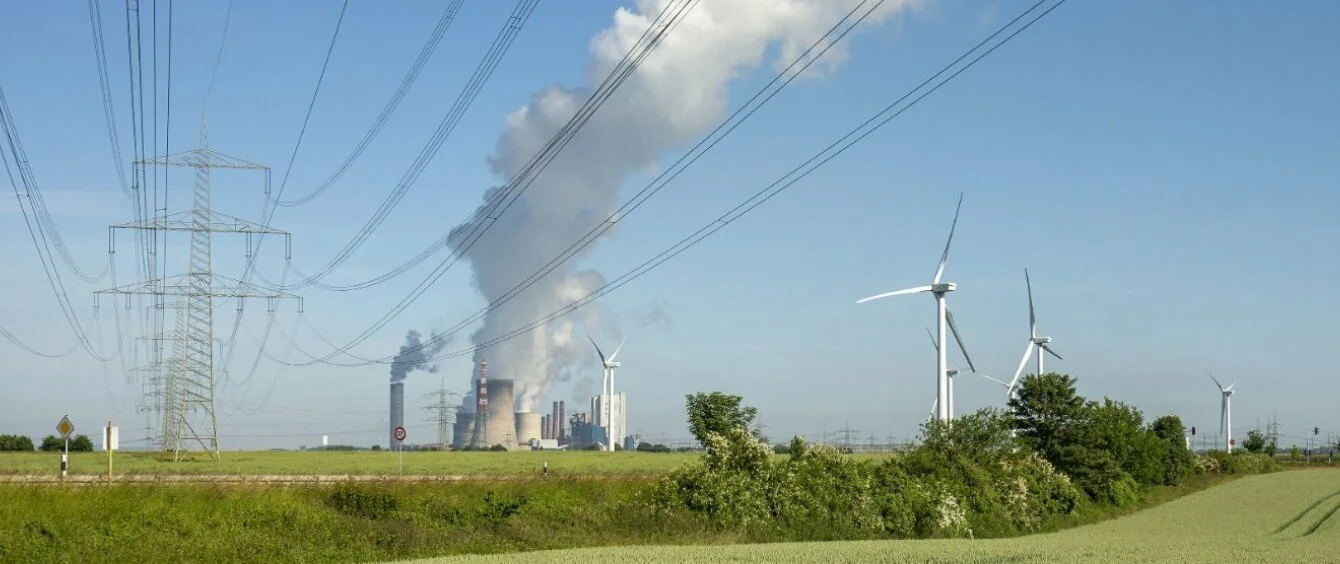Actually, one of the major goals of energy transition is to consume less energy – but with the same or growing economic output. Unfortunately, in the first half of 2020, this was true only for the first part: Energy consumption in Germany has fallen by 8.8 percent compared to the same period last year, as the AG Energiebilanzen has calculated. The main reason they give is the slow-down of the economy as a result of the measures to contain the Covid 19 pandemic.
The statisticians also dare to make a cautious forecast for 2020 as a whole: “If there is a quick and undisturbed recovery from the effects of the Corona pandemic, AG Energiebilanzen expects a single-digit percentage drop in consumption for the year as a whole”, they stated in their half-yearly report. However, in the event of another lockdown, the reduction in consumption could well be in the double-digit percentage range compared to the previous year.
CO2 emissions fall disproportionately
The drop in energy consumption has affected all fossil fuels. Lignite and hard coal recorded the greatest decline, followed by nuclear energy, mineral oil and natural gas. Because coal combustion in particular has decreased, energy-related greenhouse gas emissions fell much more sharply than total energy consumption. Compared to the first half of 2019, 13 percent less CO2 equivalents were emitted. For the whole of 2020, it is likely to be ten to 17 percent less than in the previous year, according to the AG Energiebilanzen.
One reason for this is that conventional power plants in particular produce less electricity when electricity demand is low. In addition, further lignite-fired power plant units were transferred to safety readiness. Accordingly, consumption of lignite fell by more than a third (35.5 percent) and that of hard coal by almost a quarter. Although natural gas was used more in power generation, consumption fell by almost five percent overall due to milder weather in the first two months and lower use in various branches of industry.
At the same time, Renewables grew significantly. Thanks to favorable weather conditions and increasing generation capacity, wind and solar power production each increased by about ten percent. As a result, Renewables’ share of total energy consumption rose by three percent.
Share of energy sources in total electricity consumption in Germany in the first half of 2020 (Previous year in parentheses)
Source: AG EnergiebilanzenFuels also far less in demand
Anyone who had to go to the office despite the Corona crisis will not be surprised to learn that sales and consumption of fossil fuels have also fallen significantly. The decline in private transport was visible to the naked eye during the morning drive to work. Over the last six months, 13.5 percent less petrol and 8.6 percent less diesel were sold than usual. As is well known, the aviation industry was hit even harder: The nearly complete standstill of air traffic almost halved sales of aviation fuel.
The only fuel with a sales increase was heating oil – despite the mild weather, consumers bought 28 percent more. However, analysts doubt that the oil has already been used up: “Consumers have probably used the low prices to significantly increase their stocks.”
Photo credit: © RWE AG
